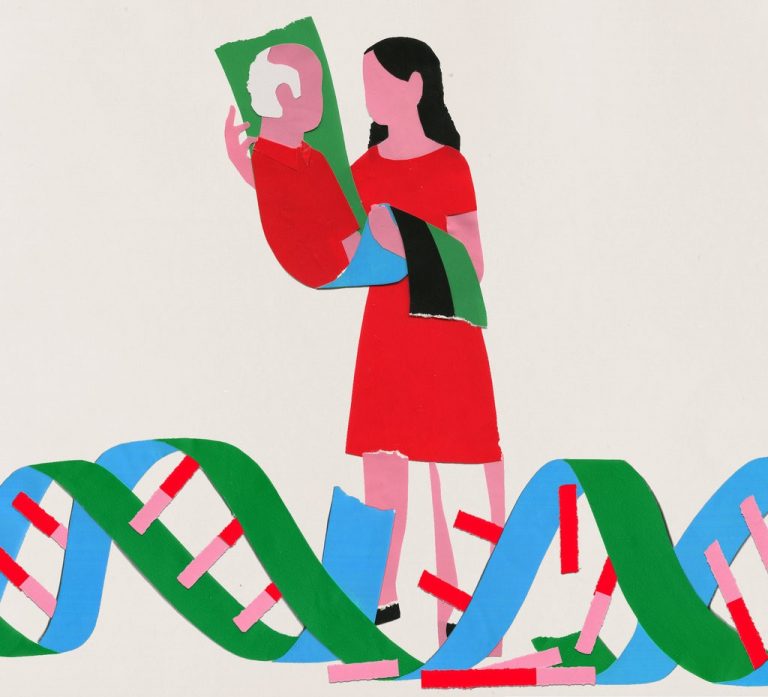How Much Does DNA Change Our Life Story?
New York Times, Sunday Review, May 12, 2019
Most of us have had moments when we’ve fantasized about having different parents, people we imagine are closer to our true nature. But few of us have a name for our fantasy parent.
My father did, though: Kale Binder.
That’s the name his mother gave him in 1983, when my father was 50. After decades of whispered rumors, my English grandmother, Diane, finally admitted that Kale Binder, an American medical student she had met at a party, got her pregnant shortly before she met her husband.
This mystery sperm donor could have been the perfect wish fulfillment for my father, Rex, a once-sensitive boy who came of age in London during World War II with a father — or the man he believed was his father — who was cruel and critical, who mocked his son for being too smart, too soft.
By contrast, Rex imagined that his real father would have talked with him about Russian literature or taken him hitchhiking across Europe. He might have occasionally given him a hug.
But by the time my father learned of his alternate provenance, he had moved on: to his second life in America, his wife and children, a career in decision science. He had no idea how he would find the man behind the name anyway. In 1983, there were few ways to find out. Kale Binder remained an ethereal concept standing in for all that could have been.
Until 2016, when my father’s doctor told us he was dying of pancreatic cancer. With the internet’s capacity for ancestral research and the boom in DNA testing, my sisters and I decided it was time to give my father the gift of genomic closure.
